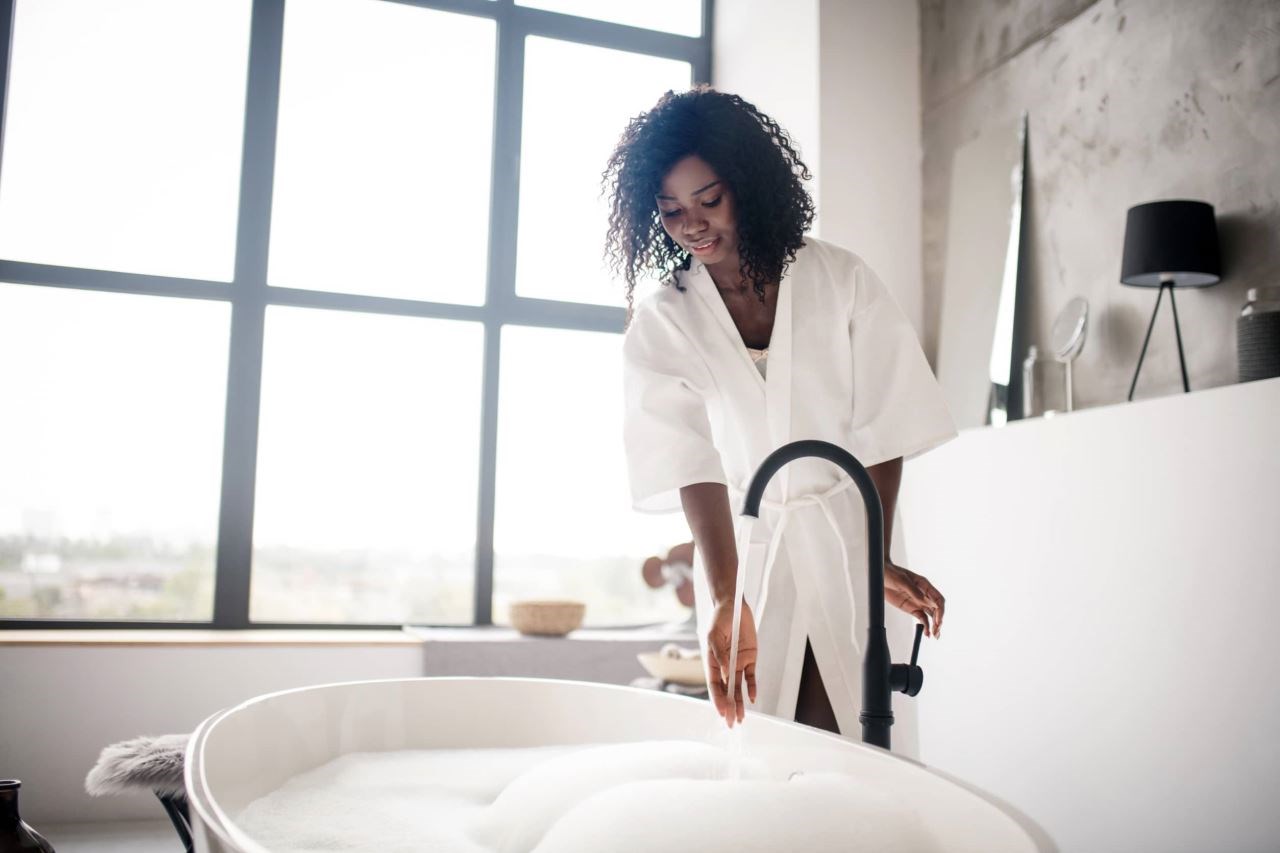If you're a homeowner in the market for a new water heating system, you might be wondering if an Unvented Hot Water Cylinder Tank is the right choice.
In this post, we'll take a look at the pros and cons of unvented hot water cylinders so that you can make an informed decision. Keep in mind that every home is different, so what might be a good fit for one homeowner may not be ideal for another. So read on to find out more!
What are unvented cylinders?
Unvented cylinders, also known as an indirect-fired water heaters, are water heaters that do not rely on atmospheric pressure to force water through the hot-water system. Instead, it uses a pump to circulate the water. This makes it a good choice for homes with no traditional chimney or if you want to heat water faster.
There are several benefits to using an unvented cylinder. They are:
1. Increased hot water availability - An unvented cylinder can provide a greater volume of hot water than a conventional boiler system because it is not limited by the draw-off rate. This means that you can have multiple showers running at the same time without compromising on water pressure.
2. Faster hot water delivery - The pump used to circulate water around an unvented cylinder means that hot water is delivered much faster than with a conventional system. This is especially beneficial if you have a large family or entertain often.
3. Reduced noise - The pump used in an unvented system is designed to be quiet, so you won't have to worry about waking up the household in the middle of the night when you want to take a shower.
There are also some disadvantages to using an unvented cylinder. They are:
1. Higher initial cost - An unvented system will usually cost more to install than a conventional boiler system. This is because the pump and other components required are more expensive.
2. More maintenance - An unvented system will require more maintenance than a conventional system because of the moving parts involved. The pump, for example, will need to be regularly serviced to ensure it is functioning properly.
3. Limited installation options - An unvented system must be installed by a qualified professional and there are only certain types of properties where it can be used. This limits your installation options if you do not have a suitable property.
If you're considering an unvented cylinder for your home, weigh the pros and cons to decide if it's the right choice for you. Profix - the boiler company can help you with all your central heating needs. Contact us today to learn more about our services.
Our views on the pros and cons of unvented cylinders
Unvented cylinders offer a number of advantages over traditional vented systems. They are typically more efficient, as they do not lose heat through the flue, and can be more compact in size. They are also easier to install, as there is no need for a flue or chimney.
However, unvented cylinders also have a number of disadvantages. They require regular maintenance to ensure that the water is properly circulated and heated, and they can be more expensive to install than traditional systems. They are also not suitable for all homes, as they require a water pressure of at least 2 bar to function correctly.
The pros for unvented cylinder heating systems
- More efficient than traditional vented systems
- More compact size
- Easier to install
- No need for a flue or chimney
The cons for unvented cylinder heating systems
- Require regular maintenance
- More expensive to install than traditional systems
- Not suitable for all homes
If you're considering installing an unvented cylinder, our experts at Profix The Boiler Company in North Yorkshire can help you decide if it's the right choice for your home. We can also provide a free quote for installation and maintenance. Contact our heating engineers in York today to get started.


 140 Kingsway West
140 Kingsway West